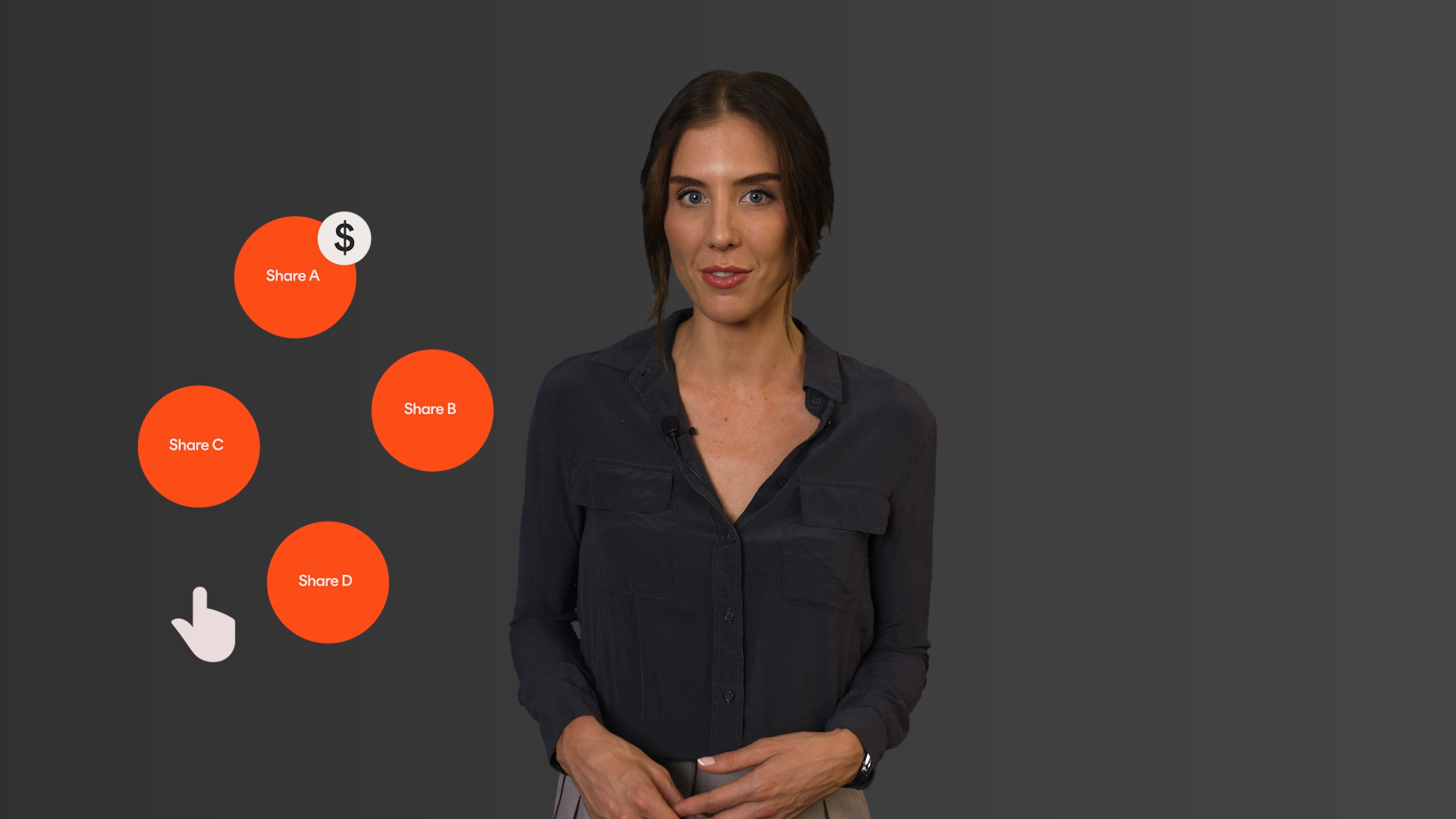Want to read it later?
Send this lesson to your inbox
Lesson 2 transcript
Here we outline some of the reasons why more and more Australian investors are turning to ETFs to help them achieve their financial objectives.
No need to pick stocks
Investing in individual assets, like stocks or bonds, can be complex and time-consuming, and provides limited diversification.
ETFs, on the other hand provide opportunities to generate financial returns by investing in an entire market, sector, region, or theme – rather than having to pick a few stocks alone.
Instant diversification
We all know a diversified portfolio is important – because the more varied your assets, the less impact a decline in a particular investment may have on your overall portfolio.
Achieving diversification is more time-consuming and expensive when you buy individual shares, as you would pay brokerage on each share purchase.
Low-cost
ETFs aim to closely follow a market index – this is called passive management. As a result, the fees to manage the investment are generally lower than other traditional managed funds, which are actively managed. This means that fund managers are hand-picking the underlying holdings to try to outperform the index.
On face value, seemingly small differences in management fees may not appear to matter all that much, but they can have a significant effect on returns over time, compounding along with your investment returns.
We go into further detail on the importance of paying attention to investment fees in a future lesson.
Invest easily in overseas or hard-to-access markets
You can buy and sell international ETFs on the ASX just like any other share, allowing you to easily invest in overseas markets.
Investing directly in individual international shares can be more complicated and expensive, because you must use a broker that offers overseas share trading services, payments are made in foreign currency, and there can be some additional administrative requirements, such as the requirement to complete a US W8-BEN form.
All Betashares funds are Australian-domiciled, which means there is no additional paperwork or administration when you buy any of our international funds.
You’re not required to complete forms such as the US W8-BEN form or risk any estate tax implications, both of which are a possibility when investing in non-Australian domiciled (or “cross-listed”) ETFs.
Offer growth and income
Whether your investment goal is income or growth – or a combination of both – ETFs may be suitable for you.
The value of your ETF will rise (and fall) based on the performance of the index it is tracking, and if any of the underlying companies in an ETF pay out dividends, investors will receive this income in the form of distributions paid out, usually either quarterly or half-yearly.







